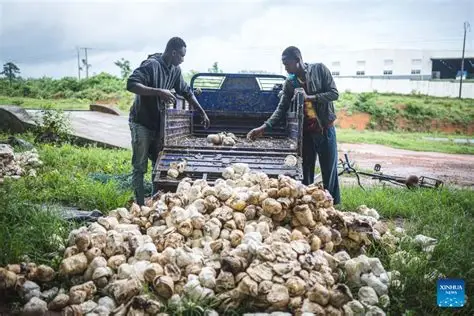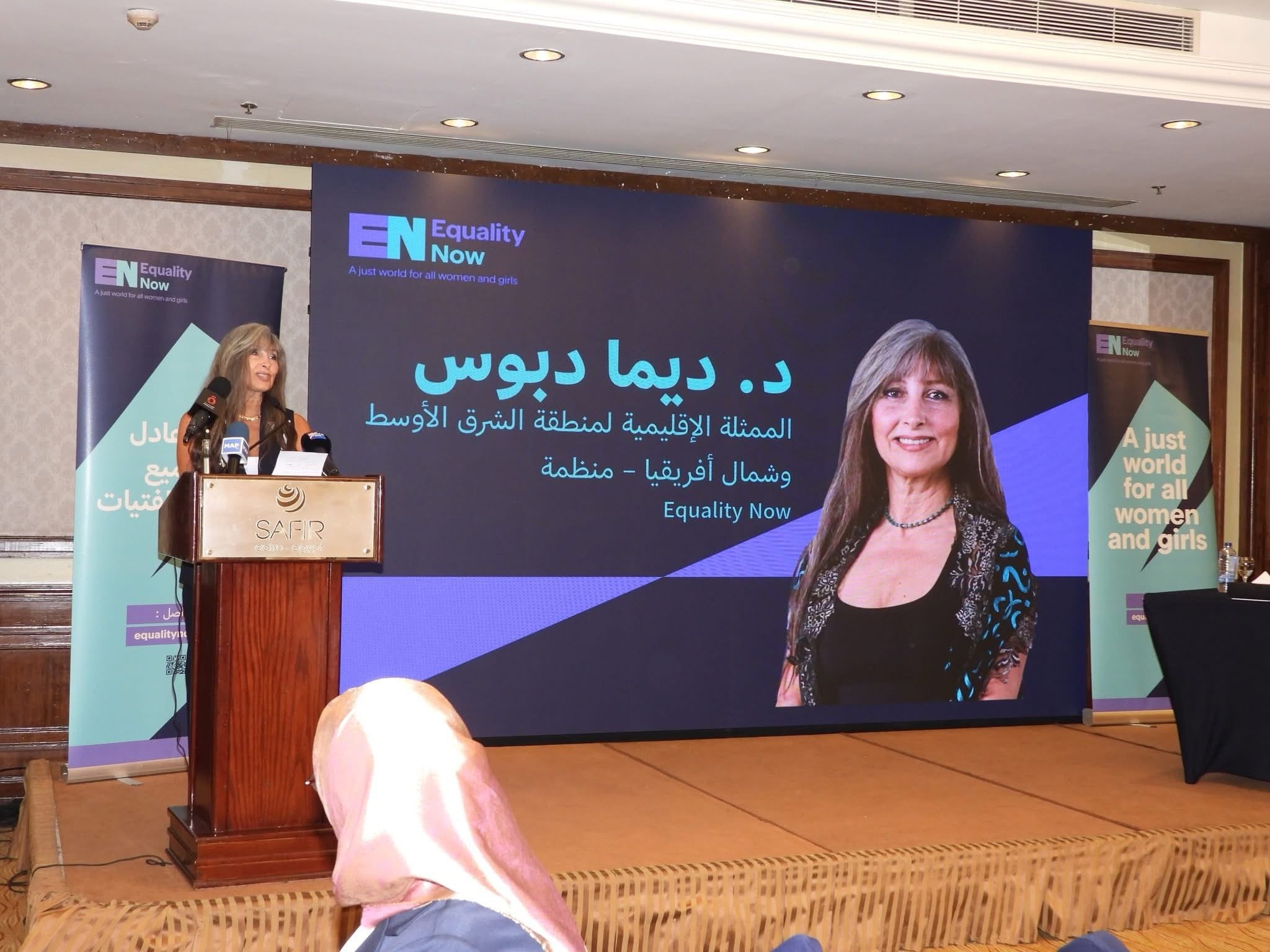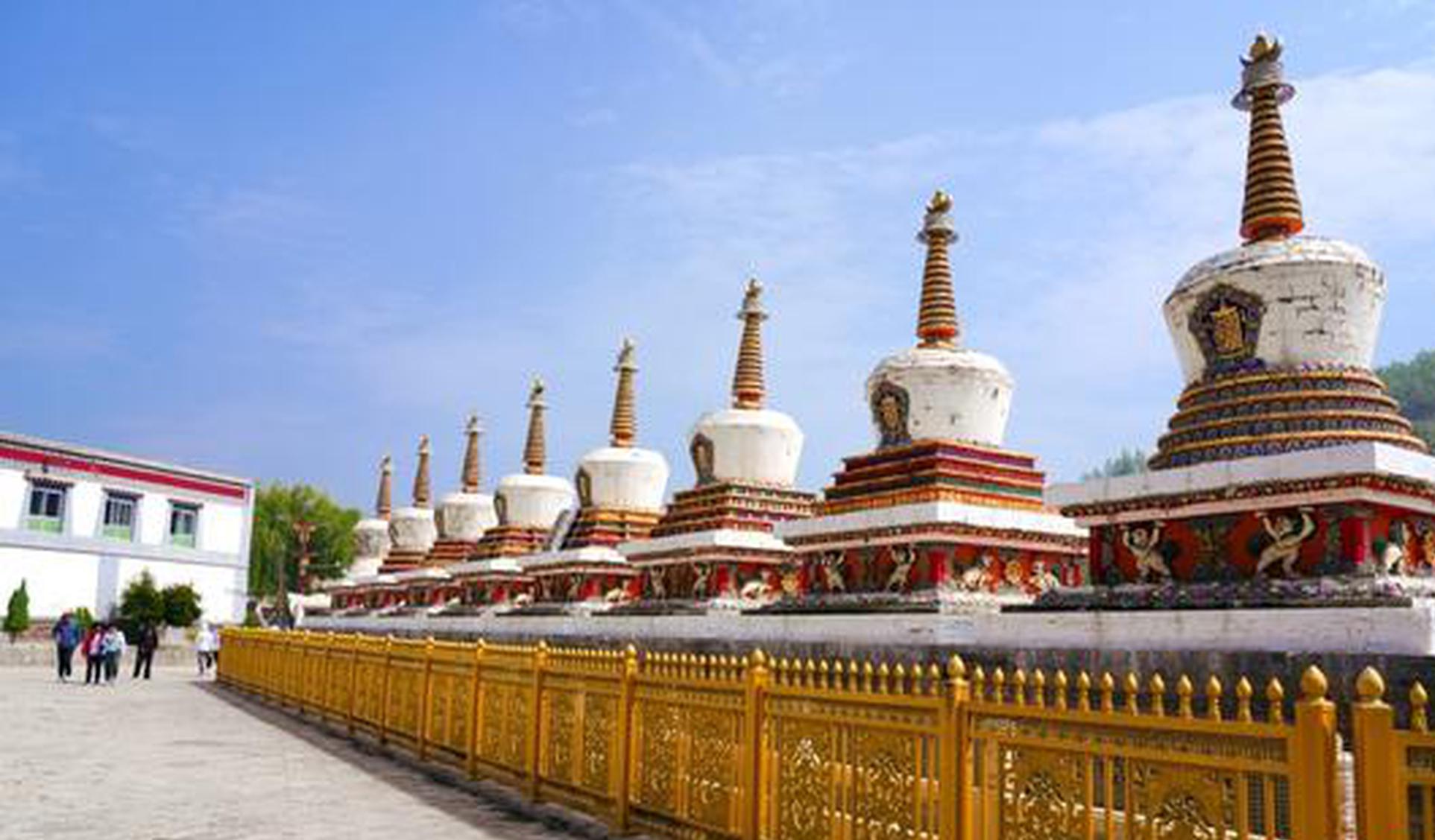At the break of dawn in Grand-Bereby, a town in southwestern Cote d’Ivoire’s San Pedro department, three-wheeled carts loaded with milky-white latex weave through lush rubber plantations, heading steadily toward a brand-new factory built by a Chinese company.
Inside the factory, Ivorian workers move deftly along the production lines. The freshly tapped latex then emerge as standardized and high-quality rubber blocks after undergoing a series of processes.
In the nearby laboratory, technicians monitor elasticity and tensile strength data, ensuring each batch meets rigorous international standards.
Officially launched in October last year, the plant boasts an annual capacity of 100,000 tonnes. It was built following the company’s two earlier investments: The first plant began operations in the southern department of Dabou in 2020, followed by a flagship factory with an annual capacity of 200,000 tonnes in the western department of Duekoue in 2022.
With two more plants scheduled to come online later this year, the company’s total annual processing capacity in Cote d’Ivoire will rise to about 480,000 tonnes.
In this West African nation, rubber is known as “white gold.” As Africa’s largest rubber producer, Cote d’Ivoire has seen its rubber output surge from 815,000 tonnes in 2019 to 1.55 million tonnes in 2023, securing its position as the world’s third-largest rubber producer.
Behind this remarkable growth lies a story of shared progress, where Chinese technology is helping reshape the value chain, from raw latex to high-value exports, while opening up new pathways of prosperity for thousands of local farmers and workers.
“Now I can deliver latex to the factory within half an hour of tapping!” said Ariol Toh, a rubber farmer whose family has been cultivating rubber since the 1990s.
In the past, they had to travel dozens of kilometers to find a buyer, often at the mercy of intermediaries and unfair prices.
“Today, the Chinese factory is right here, and the prices are transparent and fair. My three kids no longer have to worry about school fees,” he said.
Inside the humming production hall, Kouassi Yannick Irite, a young local team leader, conducted his inspection rounds. “In the past, young people had to leave their hometown to look for a job. Now, we can process our rubber right here.”
Since joining the factory, Irite has not only mastered advanced machinery but also learned how to lead a team. “This factory makes us feel proud,” he added.
Zhang Liang, deputy general manager of the company, said that shortly after the group’s second plant began operations, the Ivorian government introduced a policy to restrict raw rubber exports.
“That decision was made partly because our facilities significantly boosted the country’s rubber processing capacity, so farmers no longer have to sell raw materials at low prices,” he said.
As night falls, a deep horn sounds across the San Pedro port, where container ships loaded with standardized rubber blocks set sail for international markets.
Each shipment carries more than just commercial value; it tells the story of a partnership between China and Cote d’Ivoire that is transforming rural lives and redefining Africa’s place in the global rubber supply chain. Enditem
Source: Xinhua
Share Us



